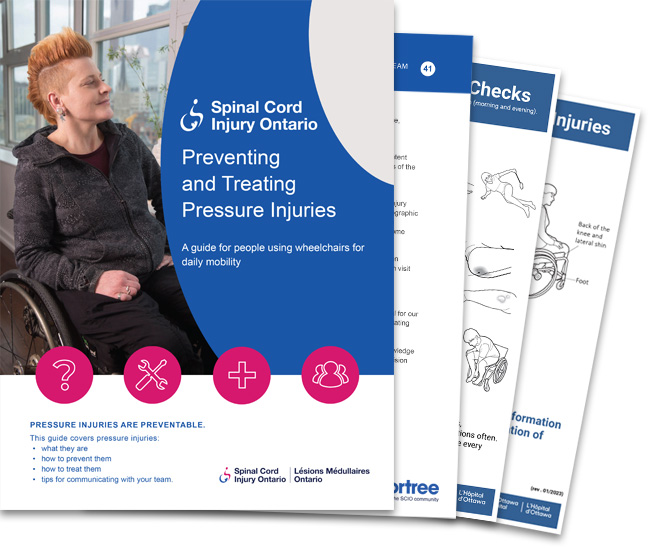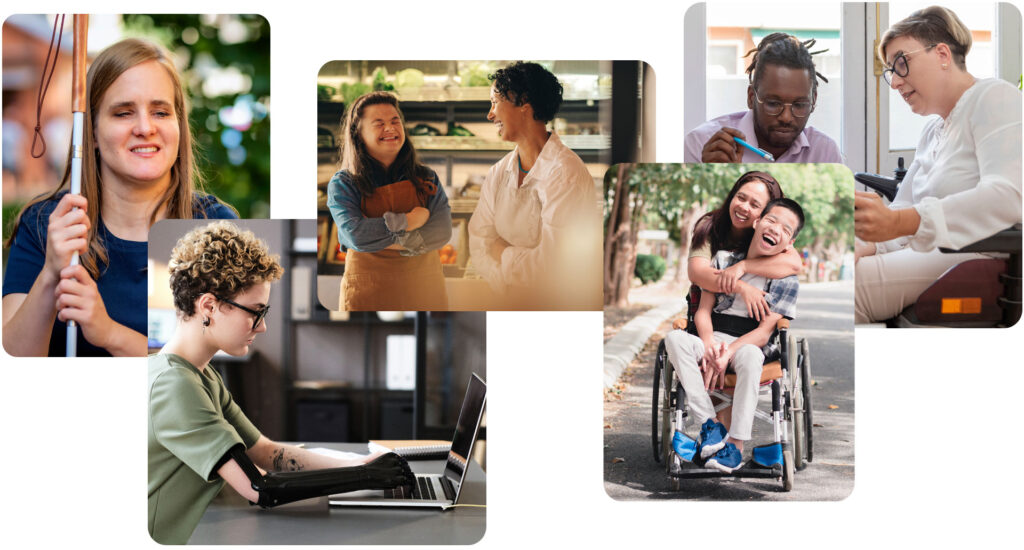 What do you do? Share a bit about who you are.
What do you do? Share a bit about who you are.
I have had a varied career in several very different areas. First, I was a professional hockey player for 17 years, including 13 seasons in the National Hockey League with the Winnipeg Jets, Pittsburgh Penguins, Calgary Flames, Ottawa Senators, and San Jose Sharks. I have a 100-decibel hearing loss so I have the distinction of being the only deaf hockey player in the history of the NHL. My hockey career came to an abrupt end when I was a victim of a car accident and sustained a serious brain injury.
I attended a networking event and met the Dean of the School of Business at Algonquin College. A week later, he followed up on our brief conversation. He was looking to start a new program related to the business of sport and he asked me to be on the industry advisory committee. The person developing this new academic program abruptly left the college. I saw a window of opportunity so I reached out to the Dean and asked, “What needs to be done?” Despite lacking a formal education, I developed the program, hired all the staff and successfully launched the new Sport Business Management postgraduate program in nine months – all completely out of my comfort zone, again!
I have been at Algonquin College for the past 20 years. I completed my MBA in 2012 at the age of 46. Today, I am the Dean of the School of Hospitality and Tourism, a position I have held for the past 7 years.
What is the biggest barrier to accessibility in your life?
Deafness is an invisible disability and communication is critically important. I do not use sign language as I wear two powerful hearing aids and read lips to understand the world around me. I am also brain injured, and have a heart condition that is controlled (most of the time) with medication.
The biggest barrier I feel is unconscious bias, which refers to a bias that we are unaware of and which happens outside of our control. It is a bias that happens automatically and is triggered by our brain making quick judgements and assessments of people and situations, influenced by our background, cultural environment and personal experiences.
Whoever thought someone who couldn’t hear the whistle or their teammates on the ice could play in the NHL? I encountered many naysayers along the way because they made false assumptions. Every time somebody told me I couldn’t do something, a little voice in my head would say, “Just watch me”.
Because of my deafness, I am proactive in communicating my needs to new people that I meet. For instance, speaking loudly and clearly without putting their hands over their mouths, and telling teachers/coaches not to turn their backs to me ensures that I am able to understand them. Taking the initiative to build awareness about my needs has been essential to my success.
For people looking for work right now, what’s one piece of advice you would give them?
Proper preparation prevents poor performance. Prepare through education, research or experience. Build your resume to meet the qualifications of the job, which only gets you in the door to an interview. Then practice, practice and practice again your interviewing skills.
Gather as much knowledge about the role and the company as you can, then practice being interviewed with another person.
What keeps you motivated when things are hard?
Whether you think you can or cannot, you are right. Believing in yourself and persevering through hard work and a positive attitude are important keys to success.
The benefits of building a diverse workforce are well known, but still the unemployment rate for people with disabilities in Canada is high. What would you say to recruiters that are trying to build a diverse team? How can they access the “untapped market” of people with disabilities?
The business case for hiring a person with disabilities is hard to ignore for any recruiter for the following reasons:
- Research shows replacing an employee costs can be as high as 50%-60% of that employee’s salary with overall costs ranging anywhere from 90%-200%. Therefore, recruiters know that it is very expensive to replace people but job turnover among people with disabilities is estimated to be 20% of the rate of other employees.
- 86% of people with disabilities rate average or better on attendance than their colleagues without disabilities, so they are employees that are more reliable.
- 90% of people with disabilities rate average or better on job performance compared to their colleagues without disabilities.
- The Society for Human Resource Management (SHRM)
- Partnership Council on Employment Opportunities for People with Disabilities
- Partnership Council on Employment Opportunities for People with Disabilities
- Partnership Council on Employment Opportunities for People with Disabilities
Job accommodation isn’t something everyone is comfortable talking about, it’s personal and it can be tricky to navigate. In your experience, how do you approach a conversation about accommodation at work?
Be proud of who you are but do not let pride get in the way of asking for help. Employers want to see their people succeed but they are not mind readers. They do not know what they do not know—unless you tell them.




